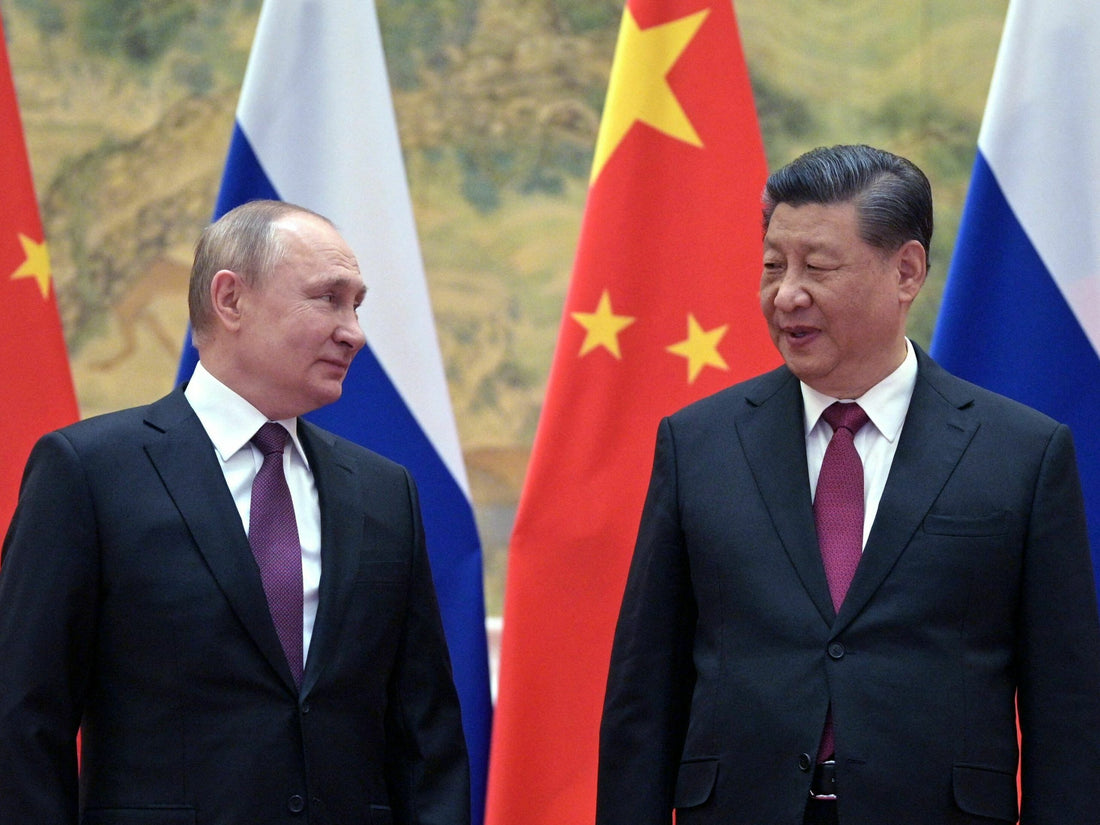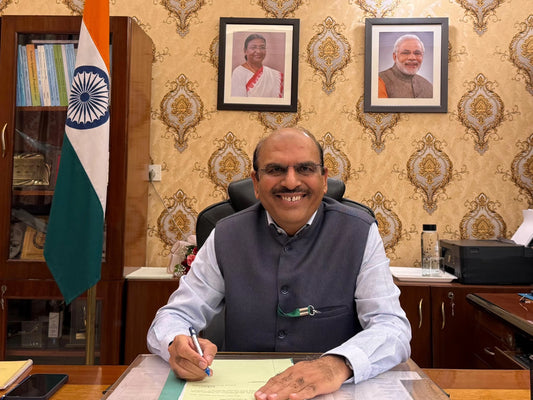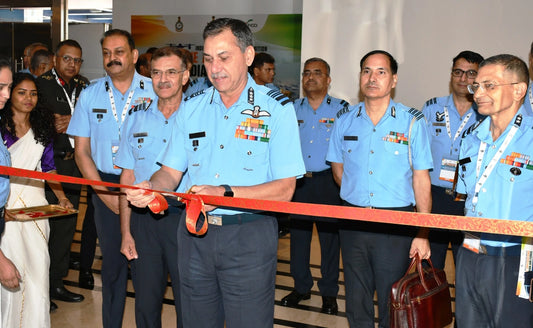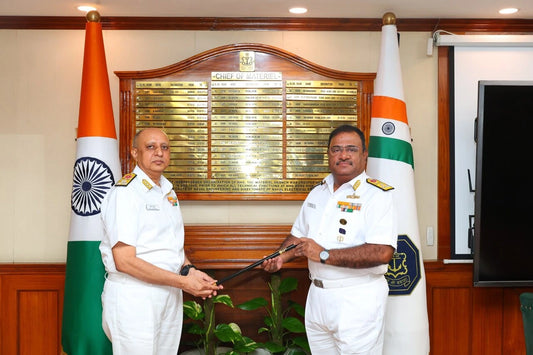BRICS Summit 2024 Begins in Brazil, Notably Missing Leaders Xi Jinping and Vladimir Putin

The 17th BRICS Summit commenced in Brazil on Sunday without two of its significant founding members—Chinese President Xi Jinping and Russian President Vladimir Putin. Their absence has sparked renewed speculation about the changing priorities and unity within the expanded BRICS alliance.
This marks the first occasion since 2012 that Chinese President Xi Jinping has not attended a BRICS summit. Due to scheduling conflicts, China has dispatched Premier Li Qiang to represent the nation in Rio de Janeiro. Analysts point out that this absence might also indicate Beijing's changing focus, given domestic challenges such as a slowing economy and escalating trade tensions with the United States. Some observers perceive Xi's decision as a missed chance for China to bolster its leadership position within the Global South and counter Western influence.
In contrast, Russian President Vladimir Putin is participating in the summit virtually, influenced by the International Criminal Court's arrest warrant related to alleged war crimes in Ukraine. As a signatory to the Rome Statute, Brazil would have faced a diplomatic dilemma had Putin attended in person. His virtual participation aligns with the precedent set during the last summit in South Africa.
The absence of Xi and Putin occurs as BRICS is experiencing a period of significant change. Following its expansion in 2024 to include Egypt, Ethiopia, Iran, the UAE, and Indonesia, the bloc has become more diverse, but also faces increased ideological fragmentation. Experts suggest that this broadened membership has diminished the original vision of BRICS serving as a unified counterbalance to Western-dominated institutions.
Under the leadership of President Luiz Inácio Lula da Silva, Brazil is directing this year’s summit toward non-contentious global issues. The focus has shifted to global governance reforms, fair trade practices, vaccine cooperation, and transitions to green energy. Brazilian officials have voiced a preference for avoiding divisive discussions on the conflicts in Ukraine and Gaza, opting instead to emphasize pragmatic global collaboration.
As the summit continues, the absence of these two key leaders is being monitored closely as an indicator of BRICS' evolving internal dynamics and its uncertain future direction.



















